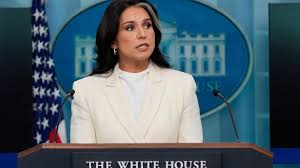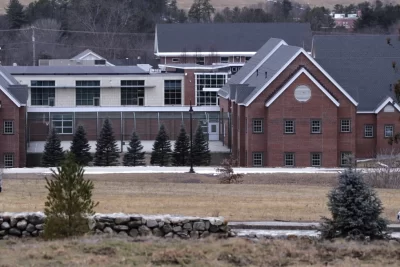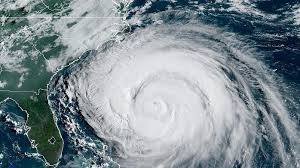
BERLIN — Germany’s conservative opposition leader Friedrich Merz won a lackluster victory in a national election Sunday, while Alternative for Germany doubled its support in the strongest showing for a far-right party since World War II, projections showed.
Chancellor Olaf Scholz conceded defeat for his center-left Social Democrats after what he called “a bitter election result.” Projections for ARD and ZDF public television showed his party finishing in third place with its worst postwar result in a national parliamentary election.
Merz said he hopes to put a coalition government together by Easter. But that’s likely to be challenging.
A discontented nation
The election took place seven months earlier than originally planned after Scholz’s unpopular coalition collapsed in November, three years into a term that was increasingly marred by infighting. There was widespread discontent and not much enthusiasm for any of the candidates.
The campaign was dominated by worries about the years-long stagnation of Europe’s biggest economy and pressure to curb migration — something that caused friction after Merz pushed hard in recent weeks for a tougher approach. It took place against a background of growing uncertainty over the future of Ukraine and Europe’s alliance with the United States.
Germany is the most populous country in the 27-nation European Union and a leading member of NATO. It has been Ukraine’s second-biggest weapons supplier, after the U.S. It will be central to shaping the continent’s response to the challenges of the coming years, including the Trump administration’s confrontational foreign and trade policy.
The projections, based on exit polls and partial counting, put support for Merz’s Union bloc around 28.5% and the anti-immigration Alternative for Germany, or AfD, about 20.5% — roughly double its result from 2021.
They put support for Scholz’s Social Democrats at just over 16%, far lower than in the last election and below their previous post-war low of 20.5% from 2017. The environmentalist Greens, their remaining partners in the outgoing government, were on about 12%.
A difficult task for the winner
Whether Merz will have a majority to form a coalition with Scholz’s Social Democrats or need a second partner too, which would realistically have to be the Greens, will depend on whether the BSW gets into parliament. The conservative leader said that “the most important thing is to re-establish a viable government in Germany as quickly as possible.”
“I am aware of the responsibility,” Merz said. “I am also aware of the scale of the task that now lies ahead of us. I approach it with the utmost respect, and I know that it will not be easy.”
“The world out there isn’t waiting for us, and it isn’t waiting for long-drawn-out coalition talks and negotiations,” he told cheering supporters.
The Greens’ candidate for chancellor, Vice Chancellor Robert Habeck, said that Merz would do well to moderate his tone after a hard-fought campaign.
“We have seen the center is weakened overall, and everyone should look at themselves and ask whether they didn’t contribute to that,” said Habeck. “Now he must see that he acts like a chancellor.”
The Greens were the party that suffered least from participating in Scholz’s unpopular government. The Social Democrats’ general secretary, Matthias Miersch, suggested that their defeat was no surprise — “this election wasn’t lost in the last eight weeks.”




